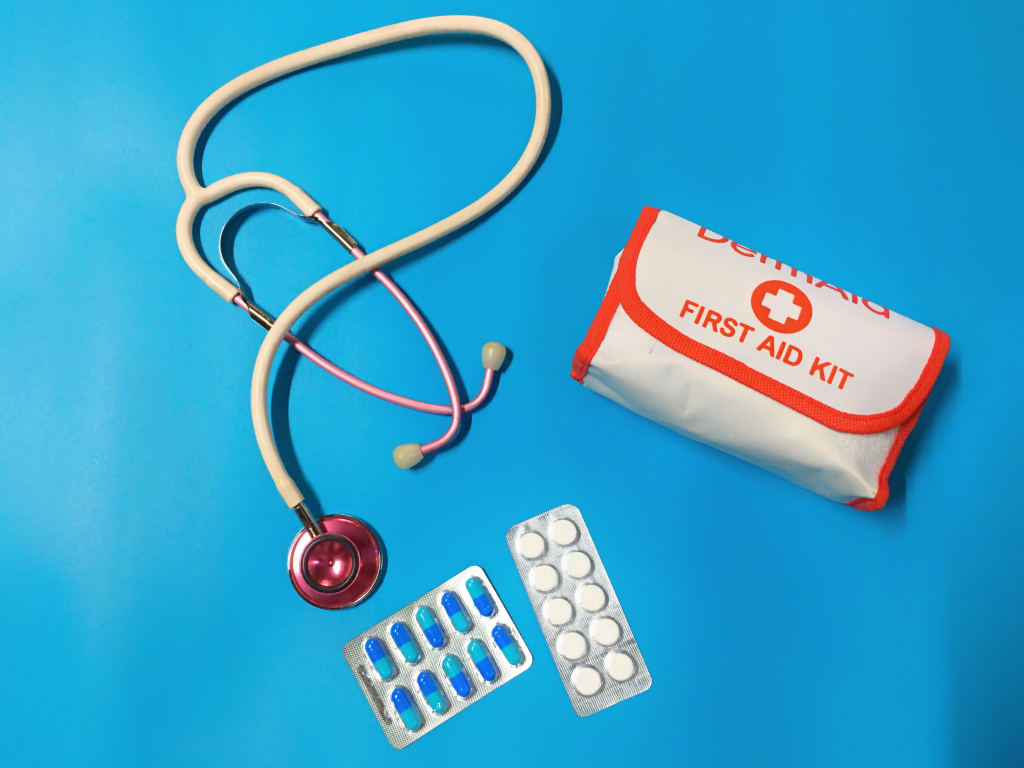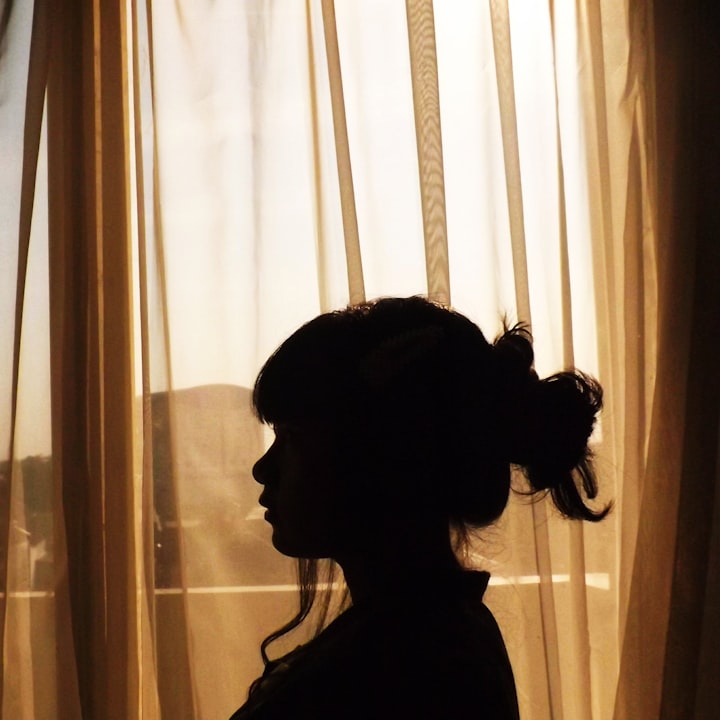Why Nurse Jackie is the Most Authentic Portrayal of Addiction on Television
From the standpoint of a nurse battling addiction in the real world

It was the spring of 2009 when I first read a review for a new television series premiering called Nurse Jackie. I was intrigued by the title alone; Shows about the complexities of life as an MD are quite common, but few focus on nurses’ professional experiences. Mere curiosity became fervent interest upon reading the plotline: An ER nurse who works in a busy NYC hospital and is juggling the roles of wife, mother, and career professional, all while secretly battling an addiction to prescription painkillers.
I remember saying to myself, “Oh my God, they’ve made a show about your life.”
Watching the first episode, I was already impressed by Nurse Jackie’s realistic portrayal of the nursing profession’s stressful nature. Edie Falco, who had given a legendary performance as mob mom Carmela Soprano in The Sopranos, played RN Jackie Peyton’s role and was no less convincing as a woman battling addiction. Falco played to perfection the experienced, no-nonsense nurse we all worship and try to emulate as new nurses fresh out of school — yet at the same time are terrified by.
Captivated, I lived and breathed every episode that aired during its seven seasons. It validated the premise that addiction did not strip a person of who they were at their core. Once a nurse, always a nurse.
However, the show was also true to life in its depiction of the ugliest consequences of addiction. In her personal life, Jackie’s use contributes to the end of her marriage, a fractured relationship with her daughters, and even the termination of her custody rights. Professionally, she makes an error that could have potentially killed a patient, and she ultimately must choose between losing her nursing license and job or participating in rehab and a diversion program.
Diversion P rograms
I had heard statistics while in rehab about the prevalence of substance abuse in the nursing profession and the existence of diversion programs like the one Jackie participates in on Season 7. Specifically designed for nurses and doctors, diversion programs allow participants to receive substance abuse treatment without losing state licensing. Components include drug testing, on-the-job supervision, and restrictions for administering narcotic medications.
I may have had a vague awareness of these programs, but I didn’t personally know any nurses who had participated in one or who were openly struggling with substance abuse. I suspect one reason for this is that many nurses, like myself, keep their disease hidden for fear of stigma and backlash in their professional life.
Nurse Jackie opened the door to a long-overdue dialogue about nurses and addiction.
Nursing and Substance Abuse
There are many reasons nurses end up with substance abuse disorders. One major factor is the physically demanding nature of the profession. Falco’s very first lines in the first episode sum this up perfectly: “What do you call a nurse with a bad back? Unemployed.”
In addition to its physical demands, nursing often causes high mental and emotional duress levels. Short staffing, long shifts, condescending interactions with doctors and patients, and the bureaucracy that accompanies the healthcare industry are reasons that Jackie, and real-life nurses like myself, turn to substance use. Some use to increase alertness and improve performance, others as a means of stress relief.
A Realistic Look at the Disease
Like the plot of many an addict’s life, Jackie’s character has many ups and downs throughout her substance use, leaving a trail of destruction and heartbreak behind her every move. After her family and friends become aware of her drug use, she has a short period of sobriety but then relapses, as is often the case with first attempts at recovery. However, like most addicts, she is a skilled actress and manipulator and finds ways to keep most of those around her from finding out about her lapse.
Ultimately, the show ends as Jackie is overdosing on the floor of the hospital.
An intense ending? Very much so. But there couldn’t be a closing scene that more aptly correlates with the way addiction often culminates in the real world. The show’s finale is just another reason why Nurse Jackie is one of the most honest and realistic portrayals of addiction to ever air on television, period. The fact that the main character is also a nurse only makes it that much more genuine, complex, and engaging. Jackie not only succeeded in creating awareness about substance abuse in the nursing profession but delivered a heartbreakingly poignant and realistic glimpse into the consequences of addiction.
About the Creator
Alyssa Sprague
Freelance writer. Nurse. Woman in recovery.
Check out my blog at modernjunkieprincess.com.
IG: modernjunkieprincess Twitter: AJunkiePrincess
When I'm not working, I enjoy collecting pens and stationery and hanging out with my cat Miss Gypsy.






Comments
There are no comments for this story
Be the first to respond and start the conversation.